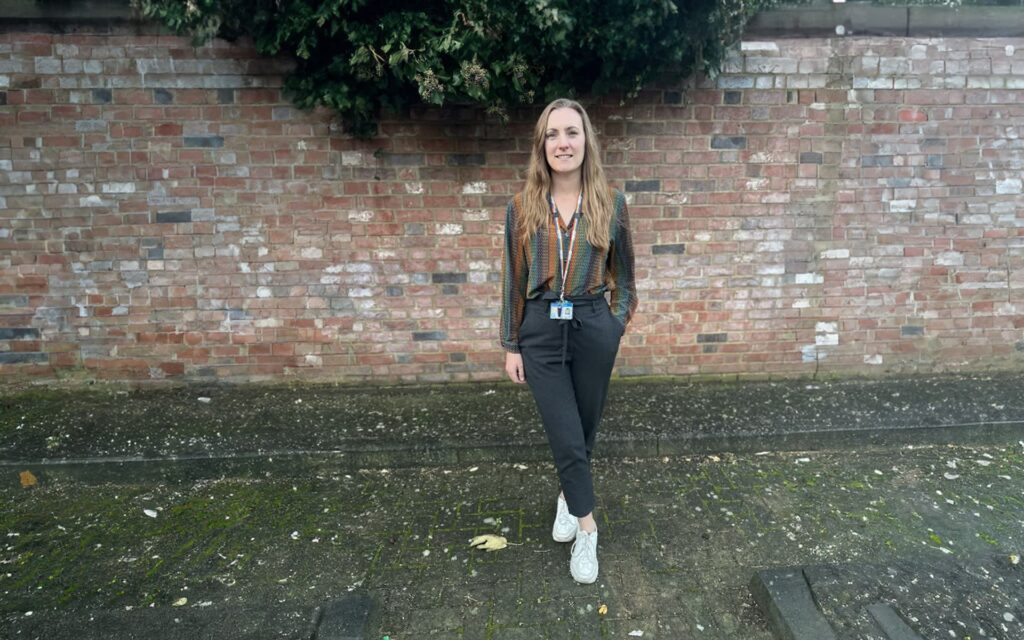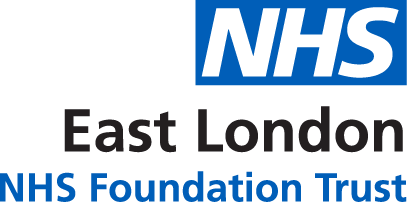Roma Workshops

A support group has been launched by Newham Talking Therapies to discuss tailored support for the Roma community. CBT therapist and Community lead Elise Coote explains why the programme has been launched and how it is helping.
Why was the Roma support group formed?
Historically, there has been little engagement with NHS mental health services by the Roma community in Newham.
The Roma Support Group charity connected with us and helped start this programme to understand barriers for engagement with mental health services. Stigma around discussing mental health made it difficult for people to seek support and most people in the community also speak little to no English.
The group was formed to provide a safe space and where sessions were held simultaneously in Polish and Romanian to reflect the main languages spoken by the group.
Simina from the Roma Support Group charity started the process by making contact to discuss the issue. We quickly established that a mistrust of services as well as significant stigma surrounding discussing mental health made referral very difficult for people to seek support. We discussed that most people in the community speak little to no English and may also struggle with reading and writing. This is when we decided to run workshops with the use of interpreters.
How is it helping the Roma community in Newham?
It has been an extremely rewarding experience for our service in that we have been able to hear directly from a marginalised group what the barriers are for them accessing support.
This has helped us to think about how we might carry out engagement work. We have tried to do this by advertising to communities by word of mouth rather than digitally.
It has also helped us to show the community that people are able to access support in their first language and that we are able to adapt support that is offered.
What has been the response from the Roma community?
We have had great attendance of these sessions and the response has shown that participants found having a non-judgemental space to talk about mental health helpful.
It has also resulted in referrals for further treatment to our service for those who feel they need it.
We feel these sessions have helped to build trust in the community and show that we are an organisation that is accessible for mental health support for people from the Roma community.
What have you learnt from the process?
It was eye opening to see just how difficult it is for people to just get an appointment with their GP, before they even think about referring for mental health support.
This experience has taught me that it is vital that outreach work is not carried out from behind a computer screen. It is so important to physically show up for the community you serve and adapt in whatever way is needed to demonstrate a meaningful partnership. One small change can make a huge difference.
The community workshops have also helped identify some unique linguistic challenges faced by the Roma community, particularly since Romani is predominantly a spoken language. This linguistic barrier can be significant, as some community members do not read or write in either Romani or Romanian/ Polish or English.
This reality adds an extra layer of complexity to accessing services, as traditional written communication and documentation methods are not always effective. To address this, we learned to incorporate more inclusive strategies. For instance, we allocated additional time to assist individuals in completing measures and registration forms, ensuring they are not excluded due to literacy challenges. This adaptation was crucial in making our services more accessible and highlights the importance of understanding and respecting the specific cultural and linguistic needs of the communities we aim to serve.
Who was involved in the programme?
Myself, clinical lead for Newham Talking Therapies Daniela Antonie and senior psychological wellbeing practitioner Martyna Ebertowska.
How does Newham Talking Therapies provide support for other community groups that don't speak English?
We are able to offer assessments and treatment with the support of an interpreter with many different languages available. We also have therapists who speak languages other than English.
Our therapists are able to have materials adapted and translated into other languages if this is needed and we can also have them displayed in picture form if someone has difficulty reading and writing.

